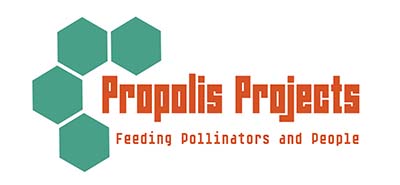GMO Soybean Yield Increases with Honey Bee Visits
GMO Soybean Yield Increases from Honey Bee Visits This is the first report showing that using honeybee (Apis mellifera) and wild pollinators complementary pollination can enhance soybean productivity (Glycine max). Current industrial production of soybean involves autopollination and high loads of pesticides. Therefore, growers have neglected possible biotic pollination despite suggestions that soybean benefit from insect pollinators. Reports advocating possible biotic pollination are based on experiments where bees are caged with flowering plants and the absence of pesticides, thus not in field conditions. Therefore, here we compared in field conditions soybean yield produced (1) independently…
